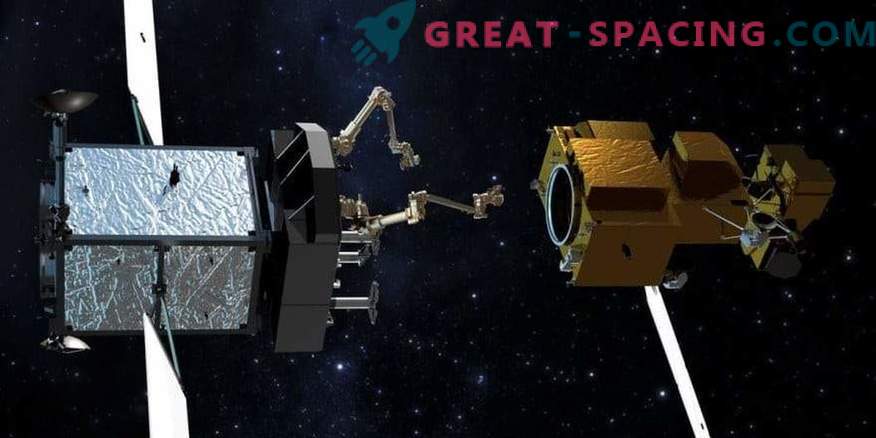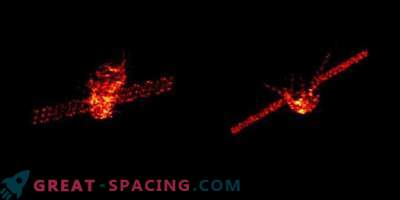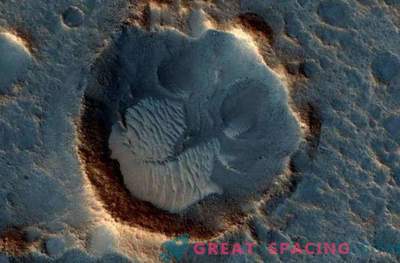
Orbital ATK claims that the program, with the support of the government, is promoting its own satellite, violating the position of the 2010 US National Space Police.
This week, The Defense Advanced Research Projects Agency (DARPA) chose a commercial partner to create a satellite that could handle calls to other spacecraft, but received a claim from a competing company claiming to have a similar program in development.
Robotic Servicing of Geosynchronous Satellites (robotic geostationary satellite service) DARPA, known as RSGS, is one of three development projects designed to quickly launch a new geostationary satellite (GEO) industry in orbit.
It focuses on vehicles located about 22,300 miles above the Earth. At this height, they correspond to the speed of rotation of the planet, therefore they remain in a relatively stationary position. After the satellite is delivered into orbit, it becomes difficult to diagnose its technical problems, and even more so to repair it. In addition, they become obsolete or exhaust fuel reserves.
“Not being able to reach them, you have to fill them with fuel to the maximum, which increases the weight, complexity and cost. But what if you could just call a special service? ”, Says Gordon Rosler, manager of the RSGS program. To this end, DARPA on Thursday chose Space Systems Loral (SSL), based in California, as a commercial partner in the development of spacecraft servicing, with the possibility of refueling.
After demonstrating the technology, which also provides interest in US military affairs, SSL intends to sell these services to businesses and government satellite operators. But this plan is hampered by Orbital ATK, which last year announced similar technology. The company is developing the first of the planned robotic assistants called Mission Extension Vehicles (MEV) and has already signed a contract with the first client - Intelsat.
Unlike RSGS devices that visit the satellite and move on, MEV attaches to it and, if necessary, will become a replacement for the propulsion system.
“DARPA wants to produce a long-term architect that is complex and capable of various functions at any place and time. Moreover, it does not have a binding to a specific mechanism. And this is not what MEV does, ”said Steve Oldham, senior vice president of SSL. “I think there’s plenty of room on the market.”
The Orbital ATK lawsuit, filed on Tuesday, asks the District Court for the Eastern District of Virginia to suspend the RSGS program on the basis of a violation of the 2010 US National Space Police. According to her, the government does not build or buy systems that “interfere, interfere with, or compete with commercial systems.” Orbital ATK objects to the DARPA plan to allow SSL to take RSGS after a nine-month demonstration. Oldham replied that his company is investing heavily in the program and that DARPA has deliberately chosen a position between public and private funding to guarantee the military services that may be needed in the future. “Orbital ATK had every chance to do the same,” he said.
SSL in December received a NASA contract for the third satellite service program Restore-L, which they plan to launch in 2020. It must demonstrate refueling in Earth orbit using Landsat (remote sensing satellite).











































